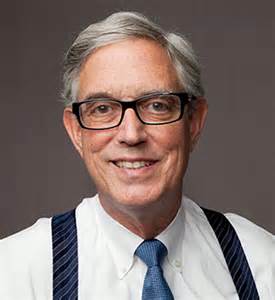A Quote by Michael J. Silverstein
I like to take CEOs into consumers' homes to see the "real world." CEOs have privileged lives with big incomes, lots of help, access to just about anything they wish. The average consumer lives on $53,000 a year and has daily tradeoffs and compromises that must be made. I took a CEO into a trailer park so he could observe first-hand - and understand - how consumers use his product.
Related Quotes
As a CEO, you get sucked into dealing with all the tasks of being a CEO. There's a big meeting, a big discussion, and you get into all the big issues, which is your job. But what CEOs often lose sight of is that it's all about the people who work for you. For every 1,000 decisions, 999 were being made when I was not in the room.
Consumers will purchase high quality products even if they are expensive, or in other words, even if there are slightly reasonable discount offers, consumers will not purchase products unless they truly understand and are satisfied with the quality. Also, product appeal must be properly communicated to consumers, but advertisements that are pushed on consumers are gradually losing their effect, and we have to take the approach that encourages consumers to retrieve information at their own will.
The thing that's confusing for investors is that founders don't know how to be CEO. I didn't know how to do the job when I was a CEO. Founder CEOs don't know how to be CEOs, but it doesn't mean they can't learn. The question is... can the founder learn that job and can they tolerate all mistakes they will make doing it?
If old consumers were assumed to be passive, then new consumers are active. If old consumers were predictable and stayed where you told them, then new consumers are migratory, showing a declining loyalty to networks or media. If old consumers were isolated individuals, then new consumers are more socially connected. If the work of media consumers was once silent and invisible, then new consumers are now noisy and public.



































